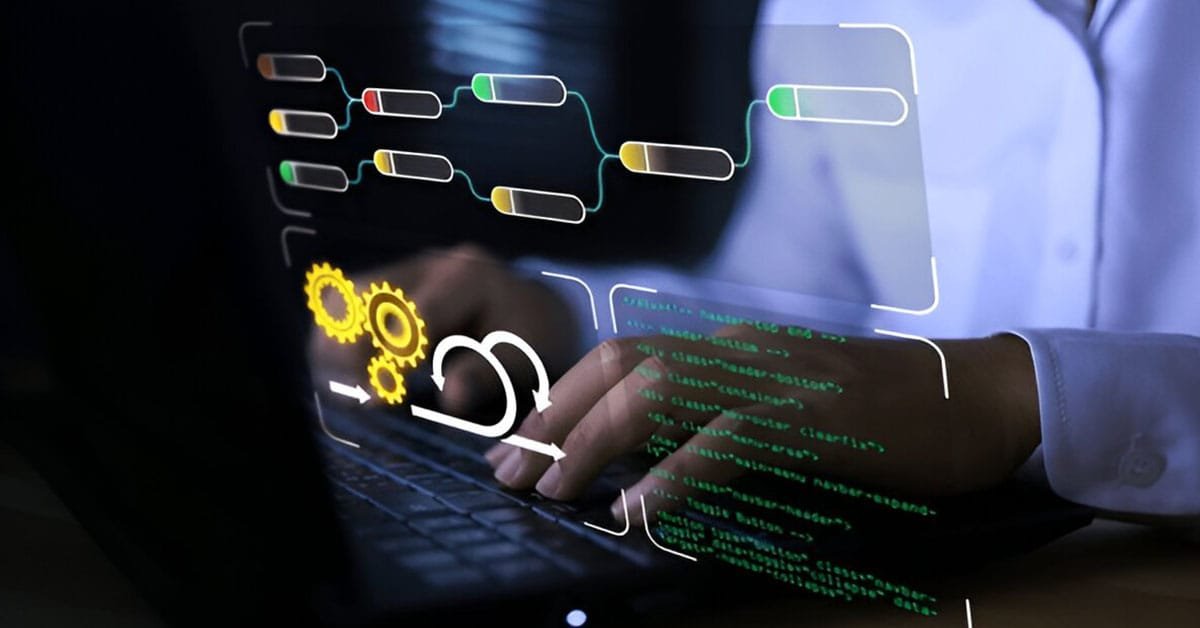

By 2028, 75% of businesses are expected to prioritize backing up their software-as-a-service (SaaS) applications. This is a significant rise from just 15% in 2024, according to Gartner, Inc.
Software as a Service is a cloud-based model where software providers deliver applications to users over the Internet. Unlike traditional software that needs to be installed locally on individual devices, SaaS applications are accessed online, making them convenient and scalable. This model is becoming increasingly popular for both new deployments and updates. The data generated by SaaS applications is projected to grow rapidly over the next five years. Gartner forecasts that global spending on SaaS will increase by 20%, reaching $247.2 billion in 2024 and approaching $300 billion in 2025. This growth underscores the rising importance of SaaS in modern business operations.
Michael Hoeck, Sr Director Analyst at Gartner, highlights the critical importance of regular backups. He states, “The risk of IT outages shows how vital it is to back up and recover essential data regularly.” As businesses become more reliant on SaaS technologies, ensuring the protection and recoverability of this data is crucial. Software as a Service data is vulnerable to errors, cyberattacks, and vendor issues, making robust backup solutions necessary to maintain business continuity and data security.
Hoeck emphasizes the value of Backup as a Service (BaaS) for safeguarding cloud workloads and ensuring smooth business operations. BaaS provides specialized solutions for backing up and recovering data stored in the cloud, which is essential for protecting against data loss or corruption. Hoeck advises businesses to understand the shared responsibility model for data protection in SaaS applications, which outlines the responsibilities of both the SaaS provider and the business. Evaluating the data protection practices of Software as a Service vendors is crucial. If these practices fall short, businesses should consider third-party backup solutions to enhance their data protection strategies.
Despite the clear need for SaaS backup solutions, many businesses have not yet prioritized this area. Challenges include confusion over who is responsible for data protection and a lack of industry standards. SaaS vendors often provide limited access to data for backup and recovery, complicating effective data protection and slowing the adoption of third-party solutions. However, the market for SaaS backup is growing rapidly. Initially led by specialized startups, it now includes established companies offering comprehensive backup and recovery solutions. Gartner predicts that by 2028, 75% of large enterprises will use BaaS alongside traditional on-premises tools to back up both cloud-based and on-premises data.
To effectively protect Software as a Service-based application data, Gartner recommends the following:
Hoeck concludes, “As the market evolves, businesses must conduct thorough assessments and verify their SaaS vendors’ capabilities. Leveraging third-party backup solutions can significantly enhance data protection and recovery, ensuring that enterprise data remains secure and accessible.”
In summary, with the growing reliance on SaaS applications, regular backup and recovery are more critical than ever. Understanding the SaaS model, recognizing the importance of robust backup solutions, and implementing effective data protection strategies can help businesses safeguard their essential data and ensure resilience against IT outages and other risks.
👁 Post Views = 4k






Welcome to IT Business Digest, your ultimate source for the latest information technology news and updates. Stay ahead with our in-depth coverage of emerging technologies, industry trends, and expert insights.
5 Responses